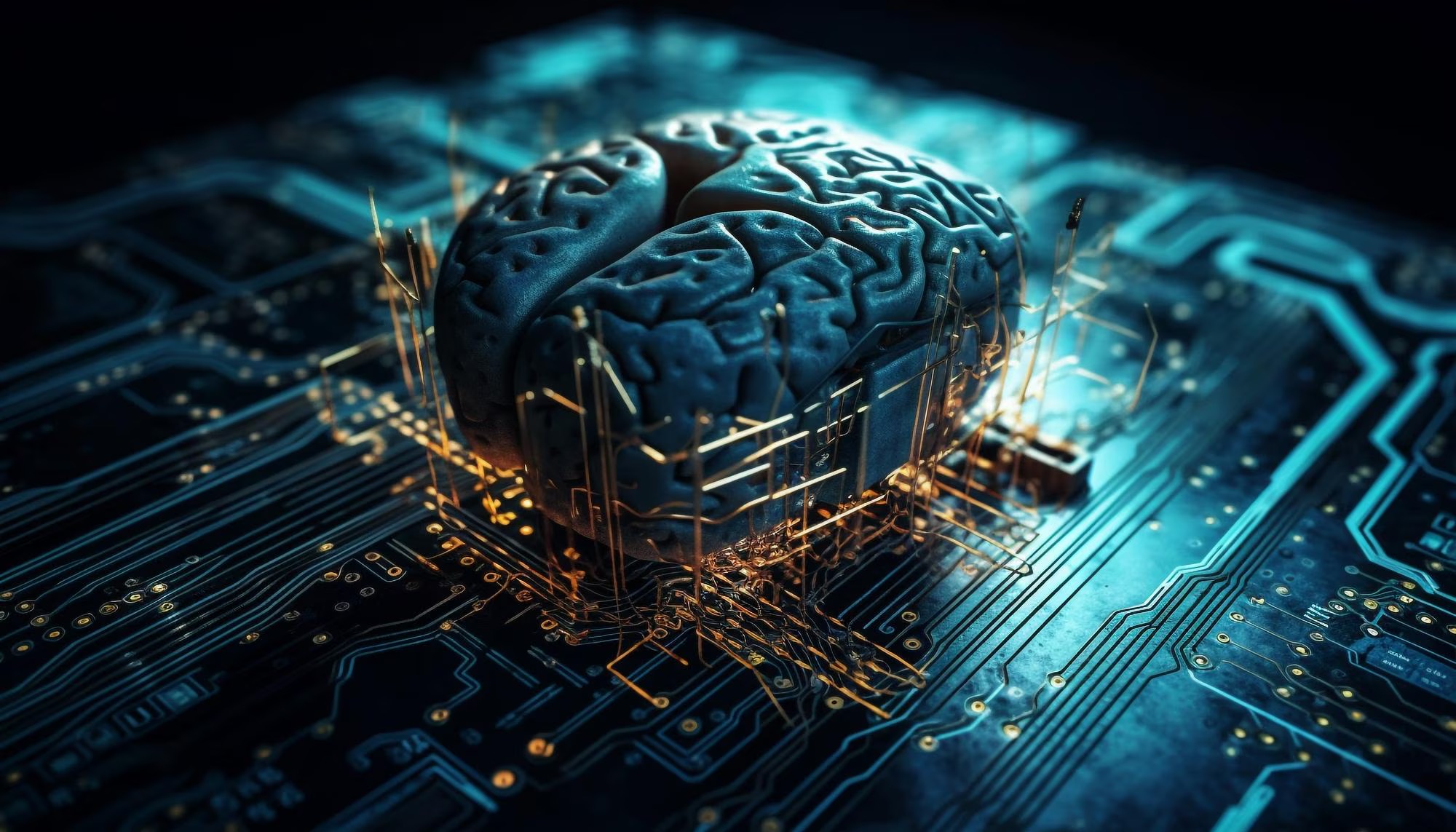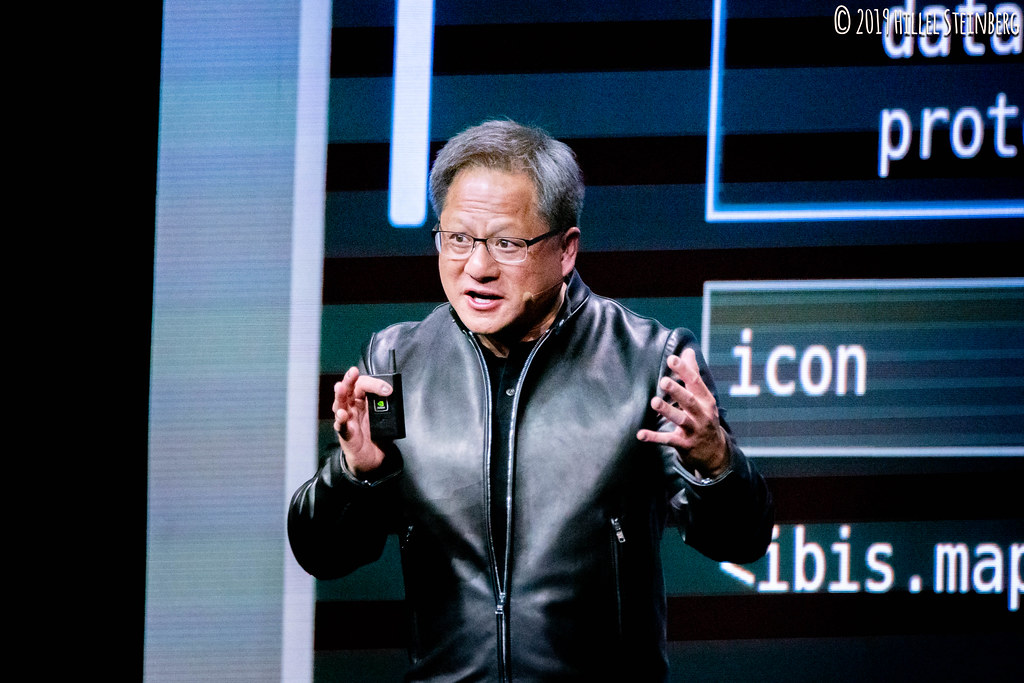LogicStar, a Swiss startup founded in the summer of 2024, is making waves in the tech industry with its innovative approach to software application maintenance. The company recently secured $3 million in pre-seed funding to further develop its platform, which leverages large language models (LLMs) for autonomous maintenance of software applications. By identifying and fixing bugs in deployed code, LogicStar aims to enhance the efficiency of developers and reduce the time spent on tedious maintenance tasks.
The heart of LogicStar’s platform is its AI agents, which work at scale to sift through data and deliver high-quality solutions using LLMs. This model-agnostic technology can collaborate with popular LLMs like OpenAI’s GPT and China’s DeepSeek. The platform allows human developers to review and validate the fixes suggested by the AI agents, ensuring that the final output meets industry standards.
Boris Paskalev’s Vision for the Future of Software Maintenance
LogicStar’s CEO and co-founder, Boris Paskalev, brings his expertise in code review to the table. His prior startup, DeepCode, which was sold to Snyk, set the stage for his current venture. Paskalev emphasized the importance of accuracy in their AI agents, stating:
“The accuracy that a human developer delivers ranges between 80 to 90%. Our goal [for our AI agents] is to be exactly there.” – Boris Paskalev
This ambition is driven by the current limitations faced by even the best models and agents in resolving bugs.
“Even the best models and agents out there are unable to resolve the majority of bugs they’re presented with.” – Boris Paskalev
LogicStar’s platform is currently undergoing testing with several undisclosed companies. As interest grows, a waiting list has formed for potential customers eager to gain early access. The company plans to release a beta version of its platform later this year, initially supporting Python, with expansions to Typescript, Javascript, and Java on the horizon.
A notable feature of LogicStar’s technology is its “test-driven development” approach. The AI agents run “thousands” of tests within a minimized execution environment to reproduce bugs and identify a “failing test.” This rigorous process ensures that the fixes provided are effective and reliable.
“Minimized execution environment allows the AI agent to run ‘thousands’ of tests aimed at reproducing bugs to identify a ‘failing test’.” – Boris Paskalev
Combining LLMs with Focused Testing
By combining LLMs with this focused testing approach, LogicStar ensures that their solutions are grounded and verified.
“Combine that with large language models — then focus into grounding and verifying what those large language models and the AI agent actually suggest.” – Boris Paskalev
Michiel Kotting, a prominent figure in the tech investment community, recognizes the potential of LogicStar’s innovation. He notes that while AI-driven code generation is still in its infancy, it is already yielding significant productivity gains.
“AI-driven code generation is still in its early stages, but the productivity gains we’re already seeing are revolutionary.” – Michiel Kotting
Kotting believes that LogicStar will play a pivotal role in shaping the future of software development and maintenance.
“The future of software development is being reshaped, and LogicStar will play a crucial role in software maintenance.” – Michiel Kotting
Paskalev envisions a future where developers can focus on more critical tasks rather than getting bogged down by routine maintenance. By extracting capabilities from existing models, LogicStar aims to deliver commercial value while saving developers’ time.
What The Author Thinks
LogicStar’s innovative use of AI to streamline software maintenance presents a promising solution to one of the industry’s most persistent challenges: bug fixing. With the increasing sophistication of AI agents, we may see a significant reduction in the time spent on maintenance tasks, allowing developers to focus on more impactful work. However, the success of this model will depend on its ability to scale and overcome the current limitations of AI in addressing complex bugs, ultimately reshaping how the industry approaches software upkeep.










